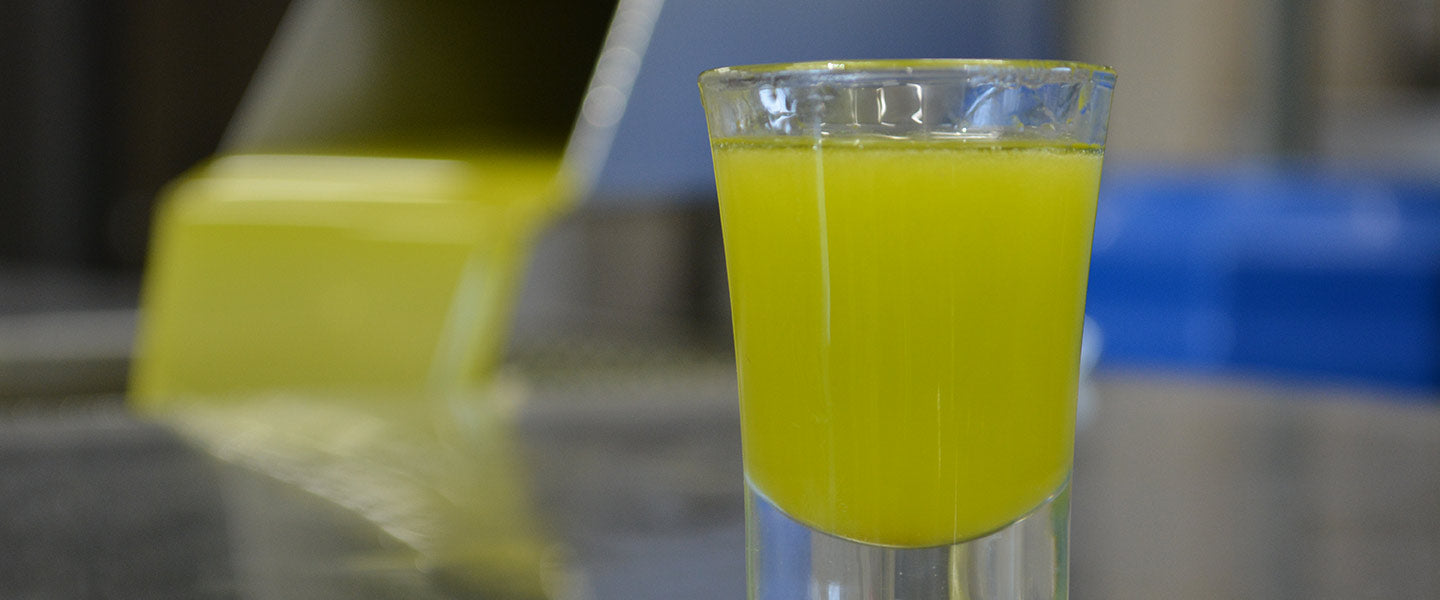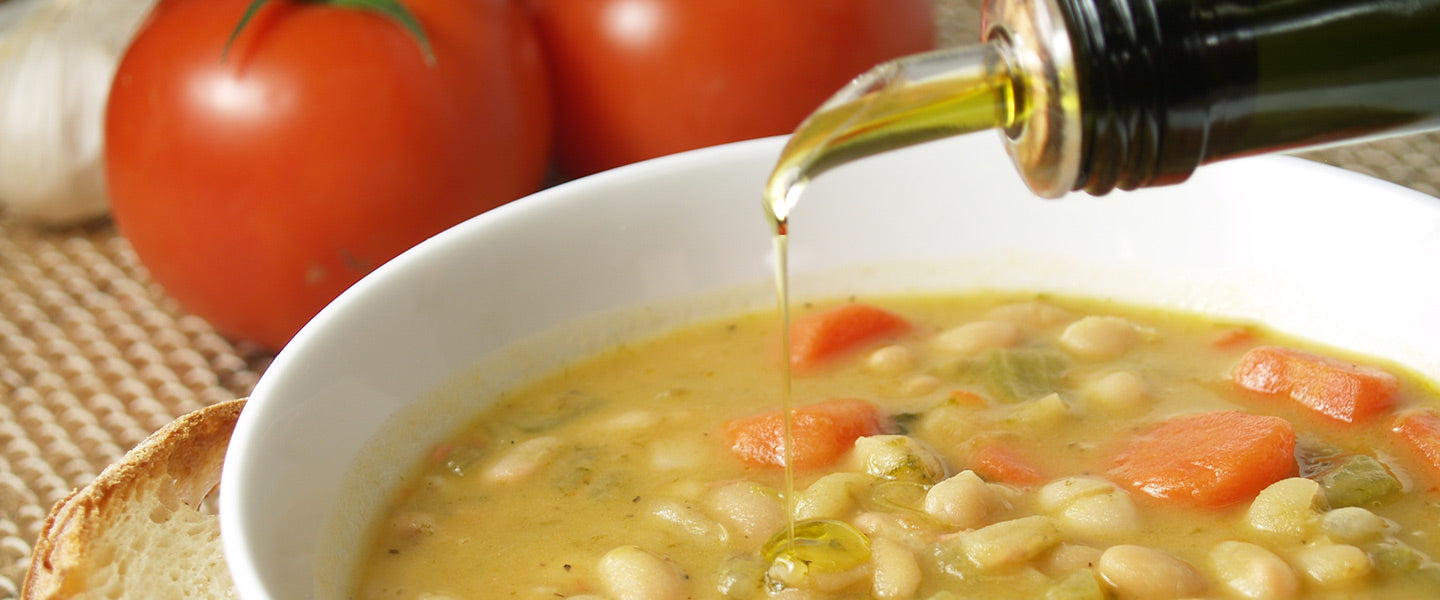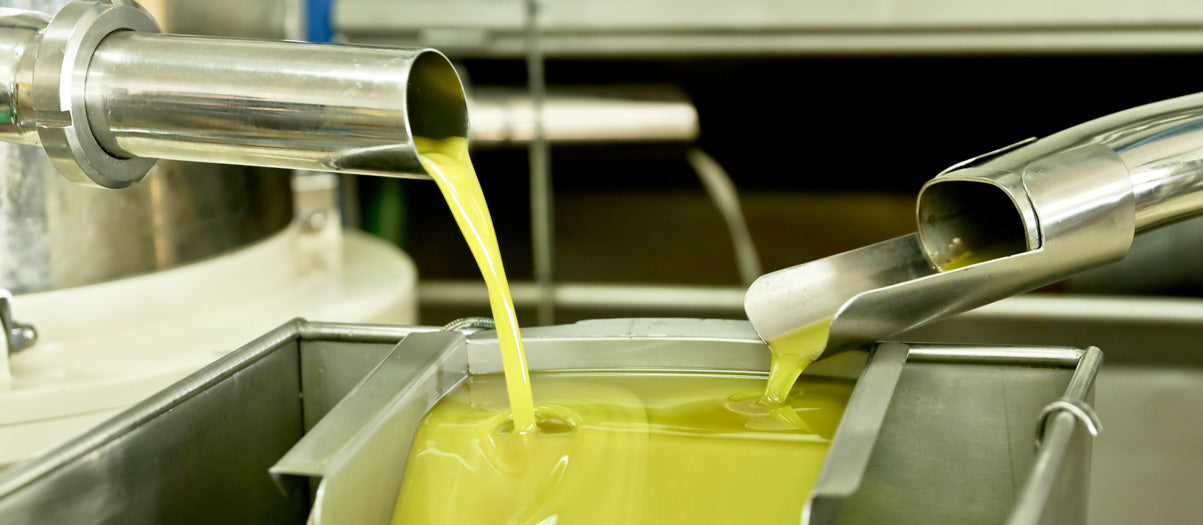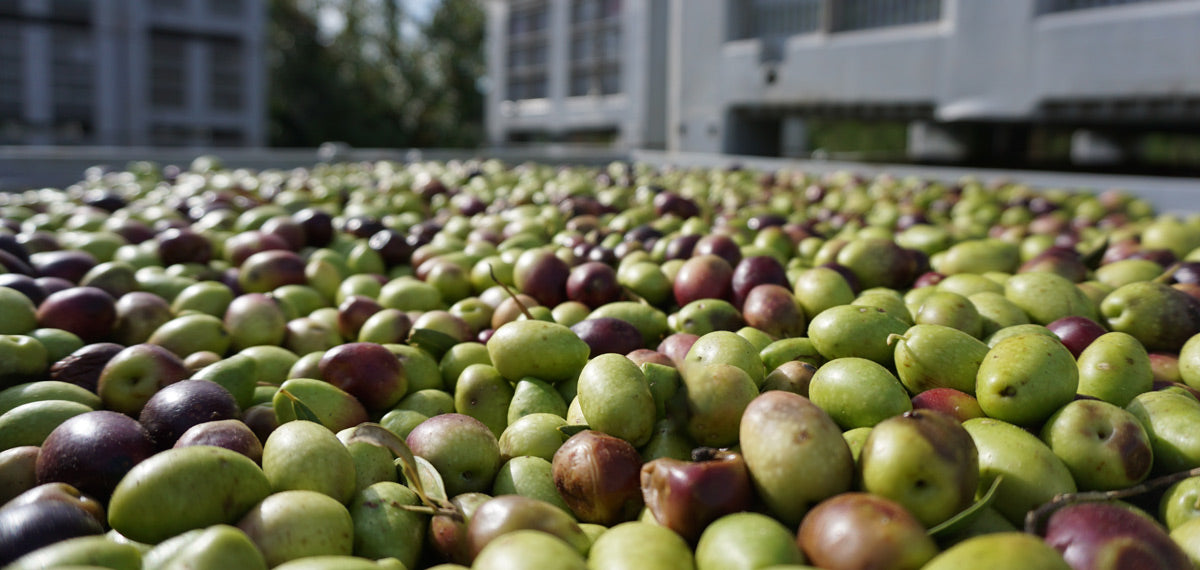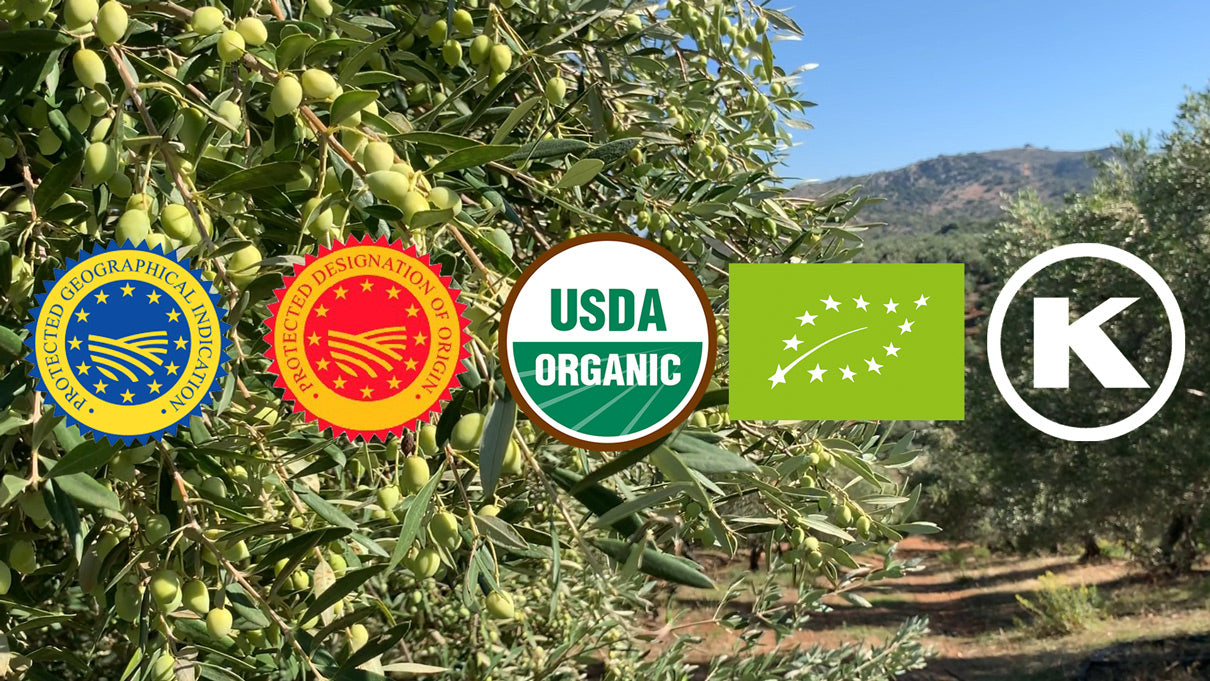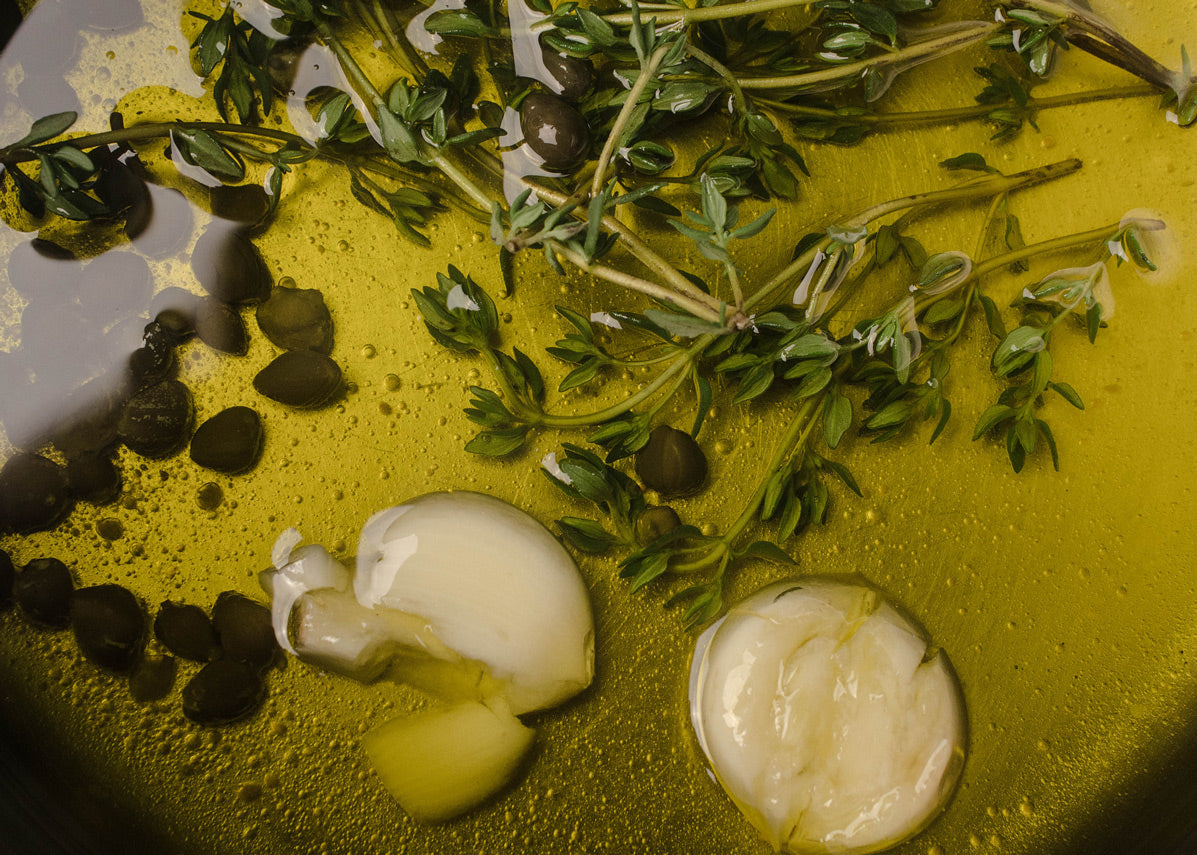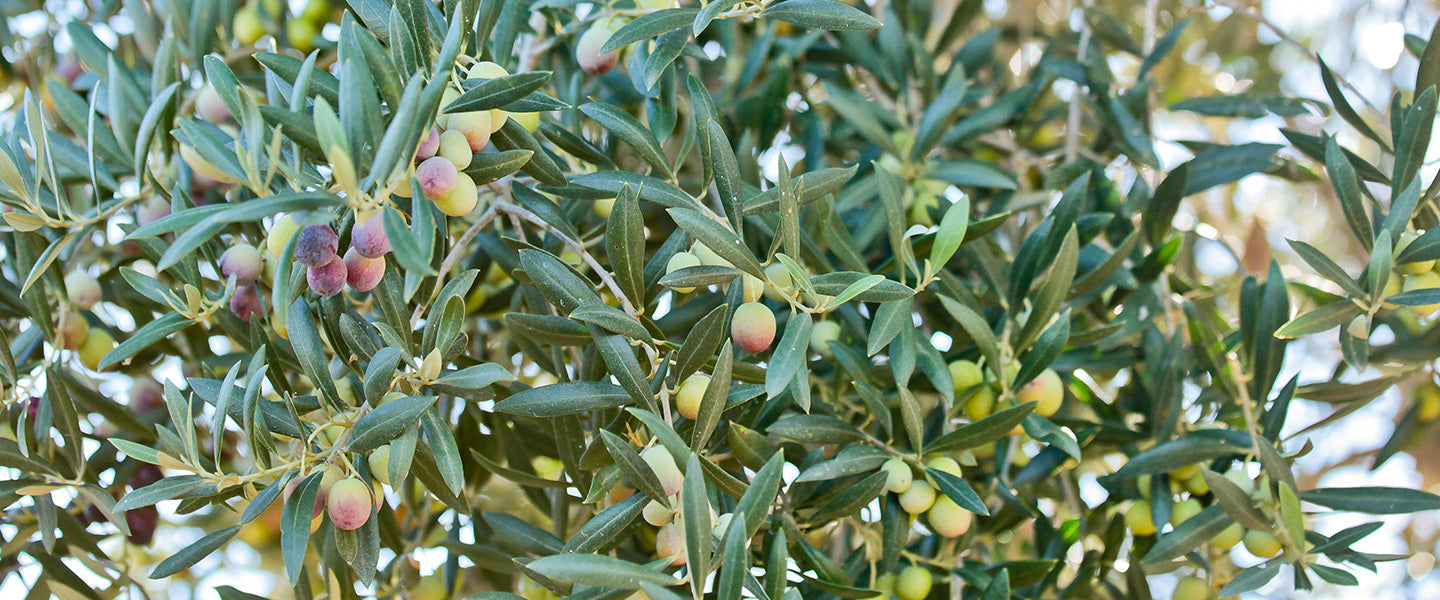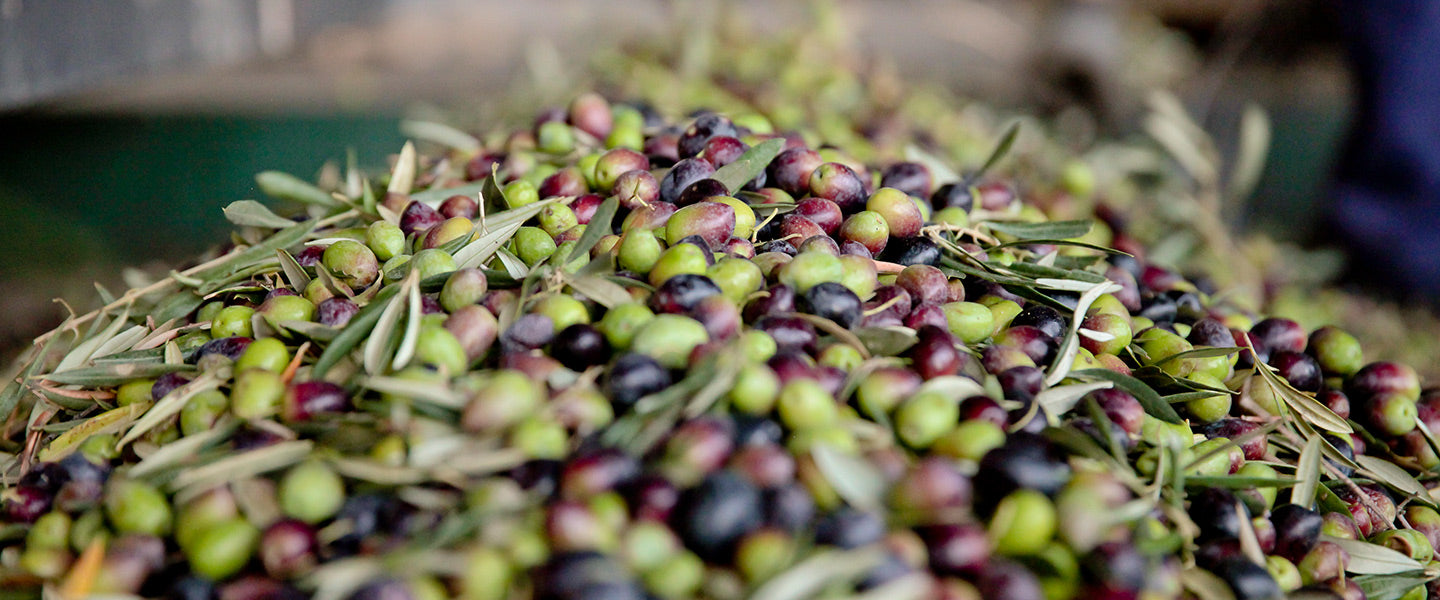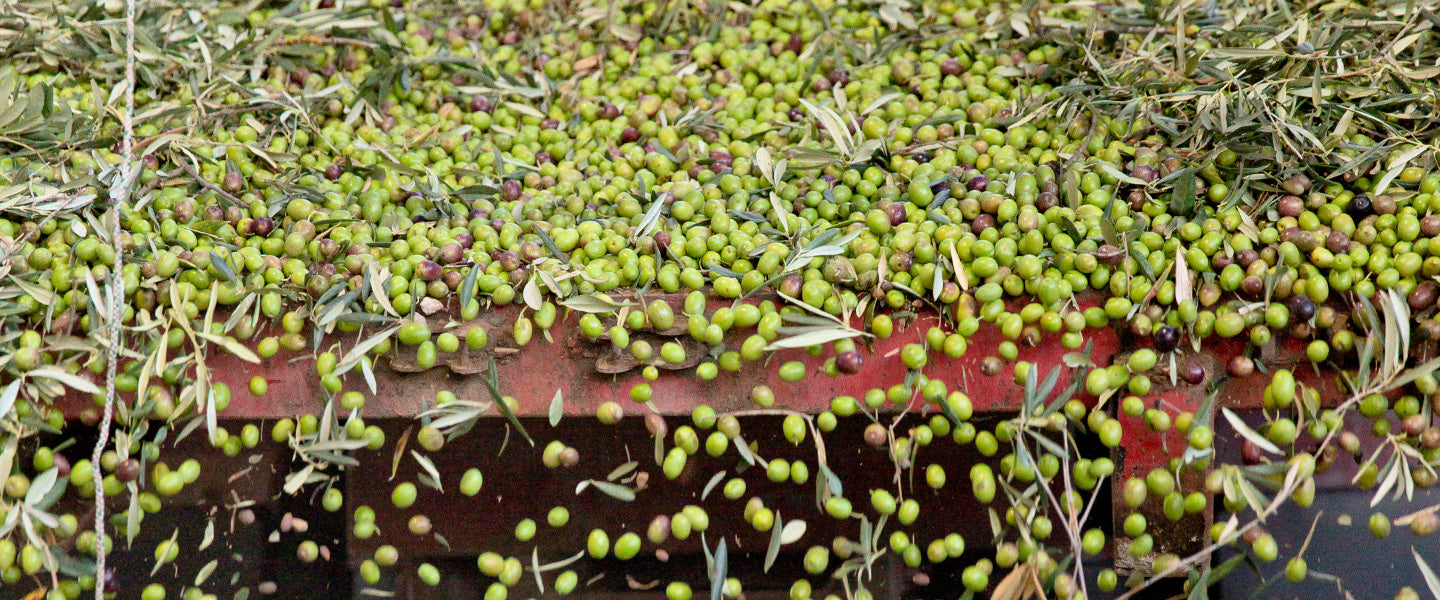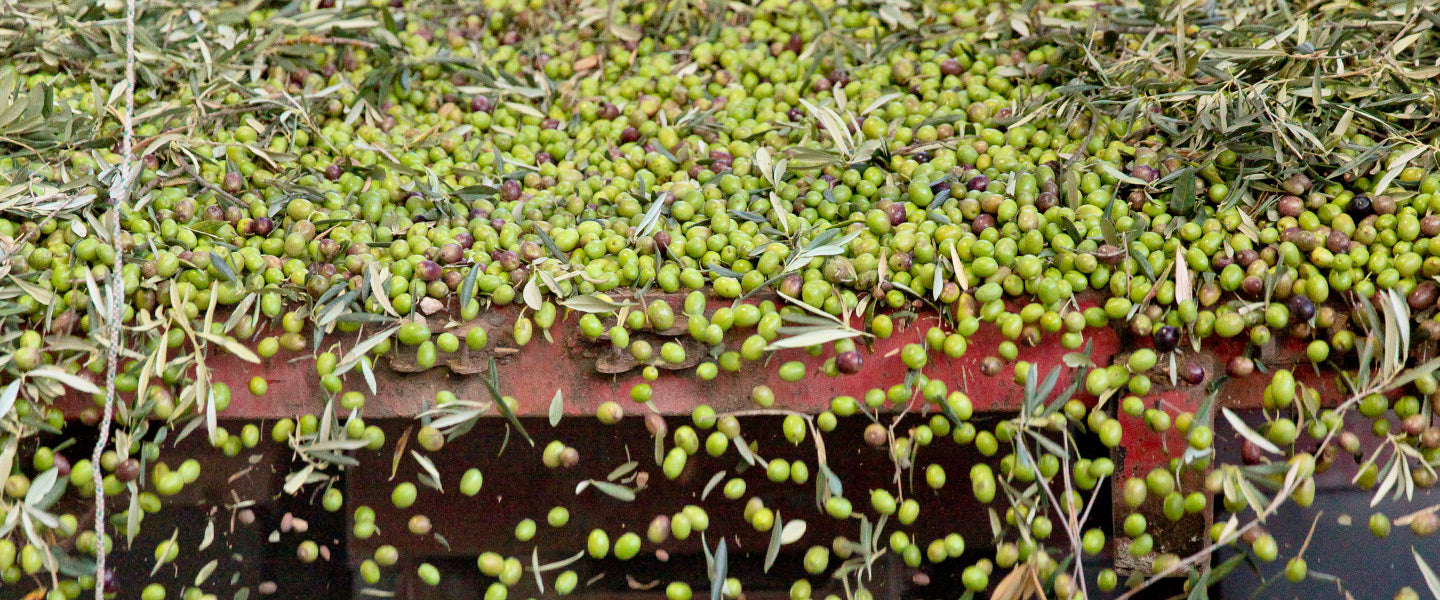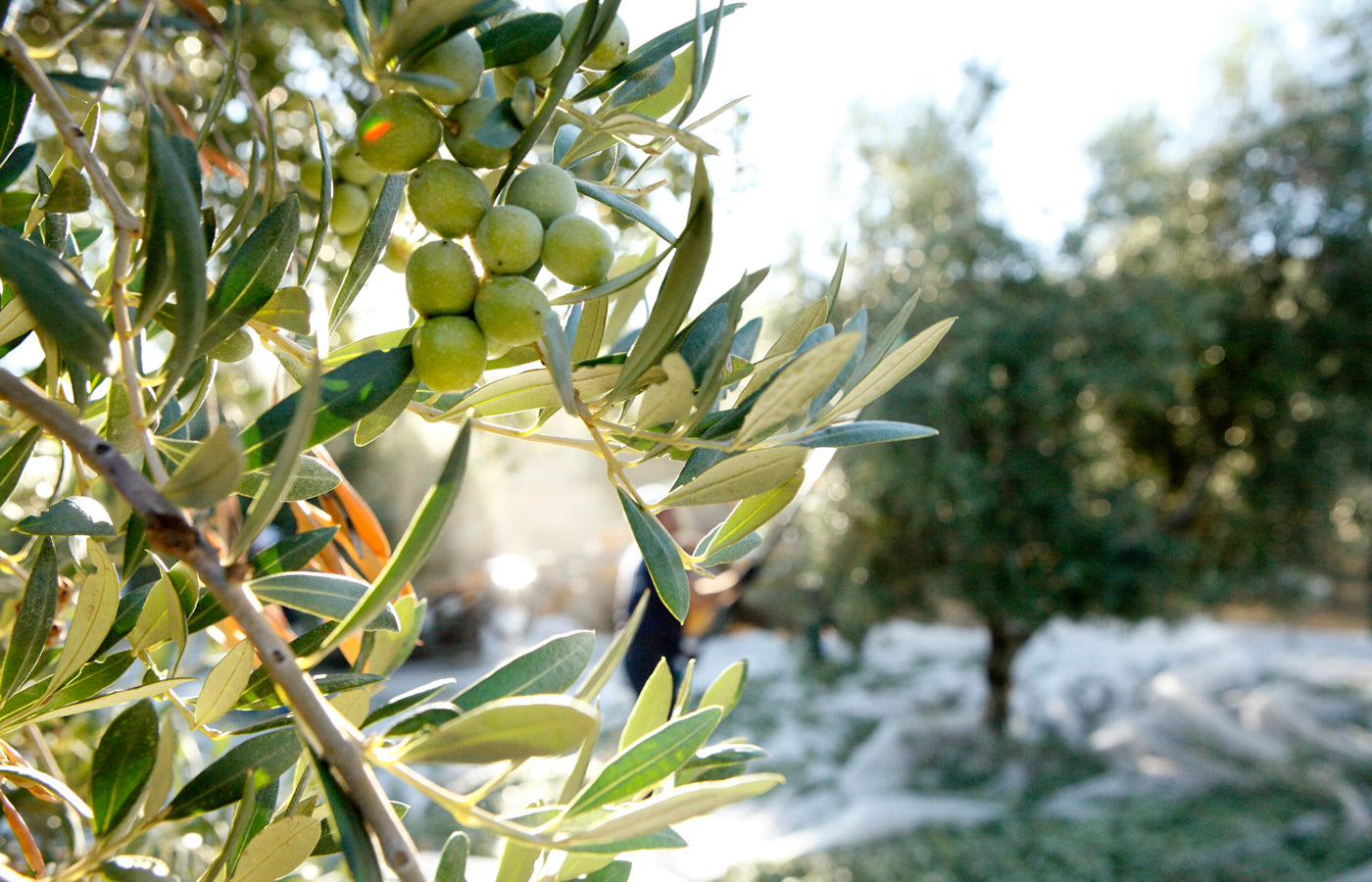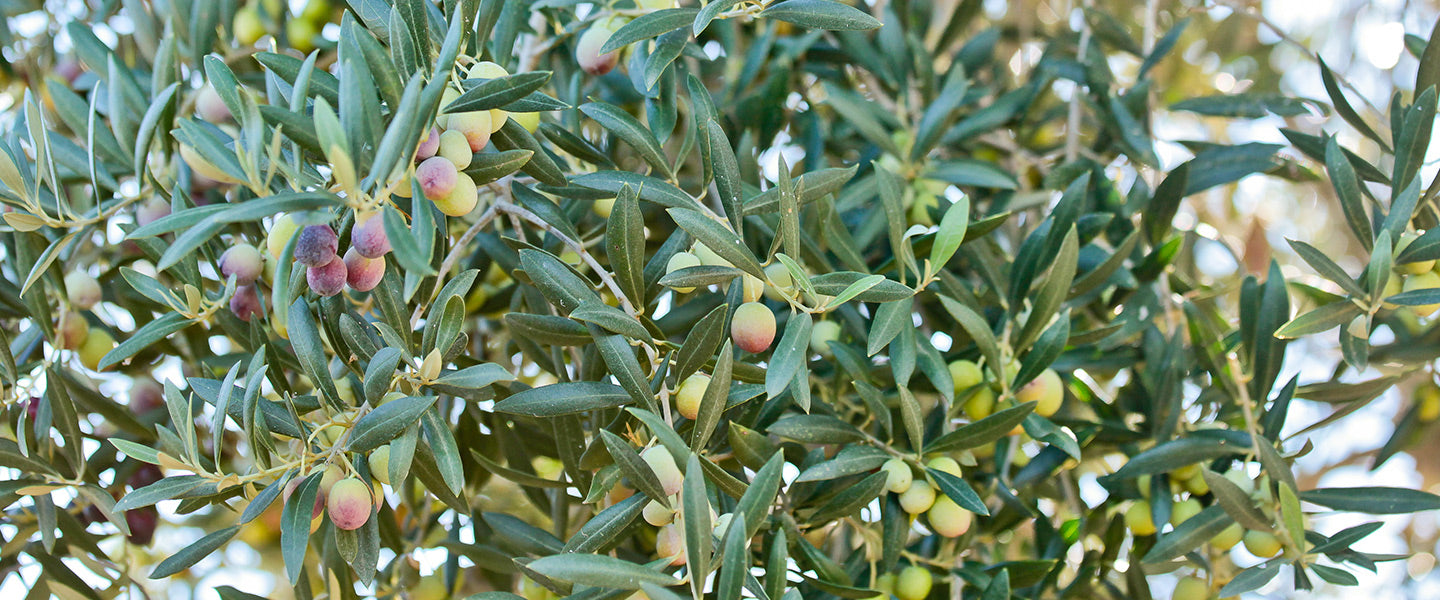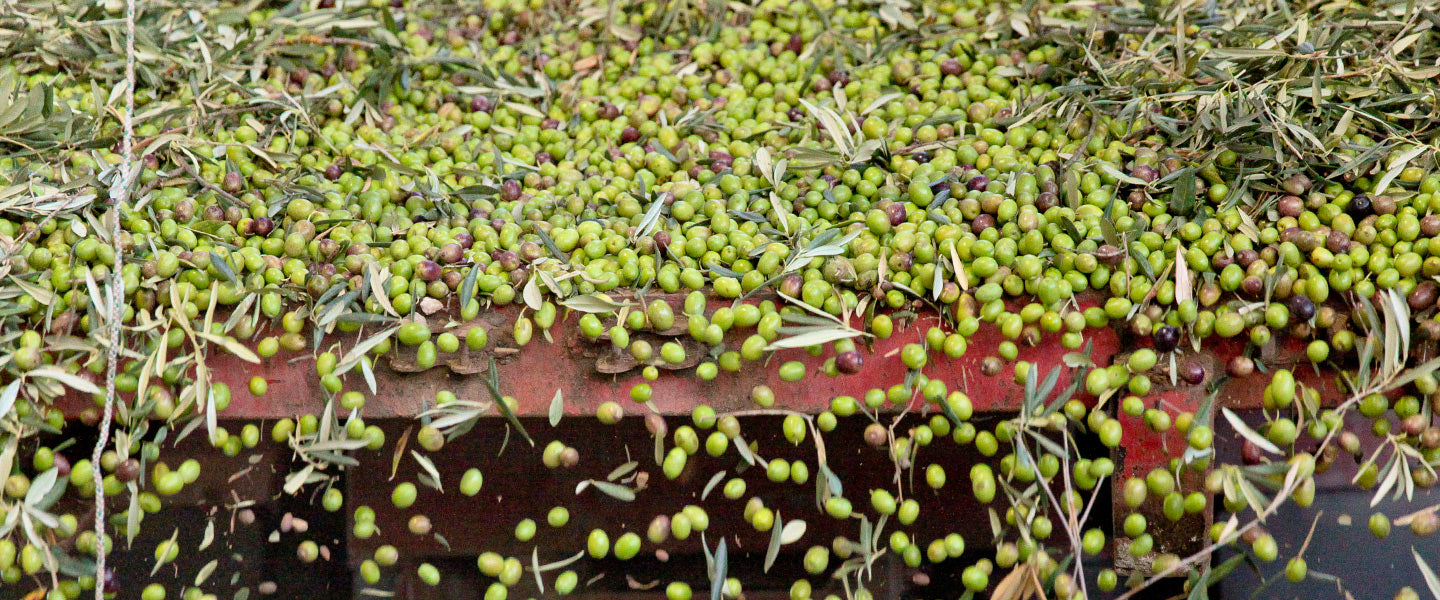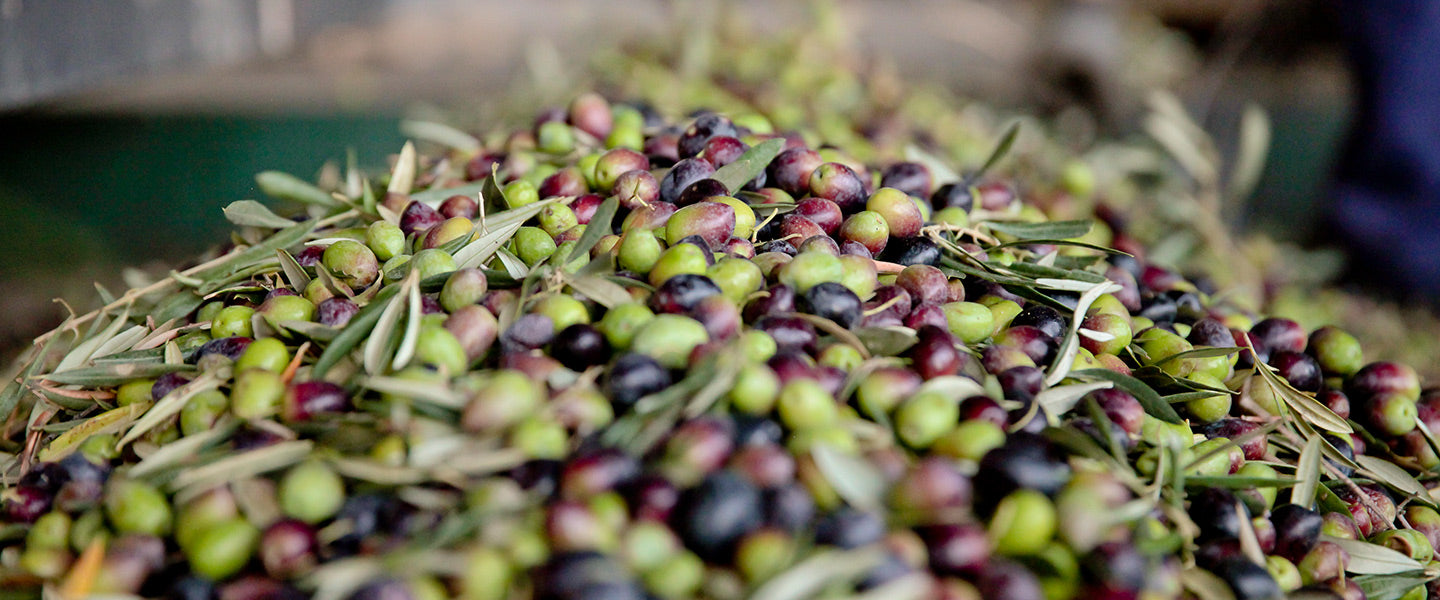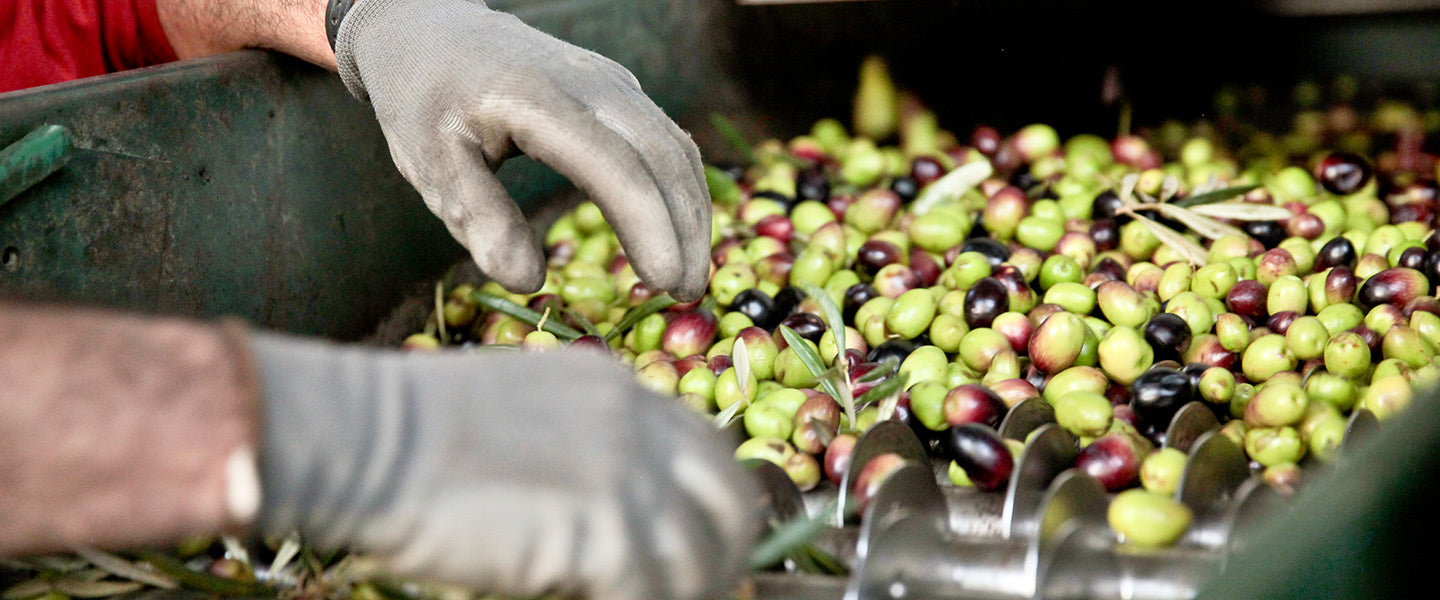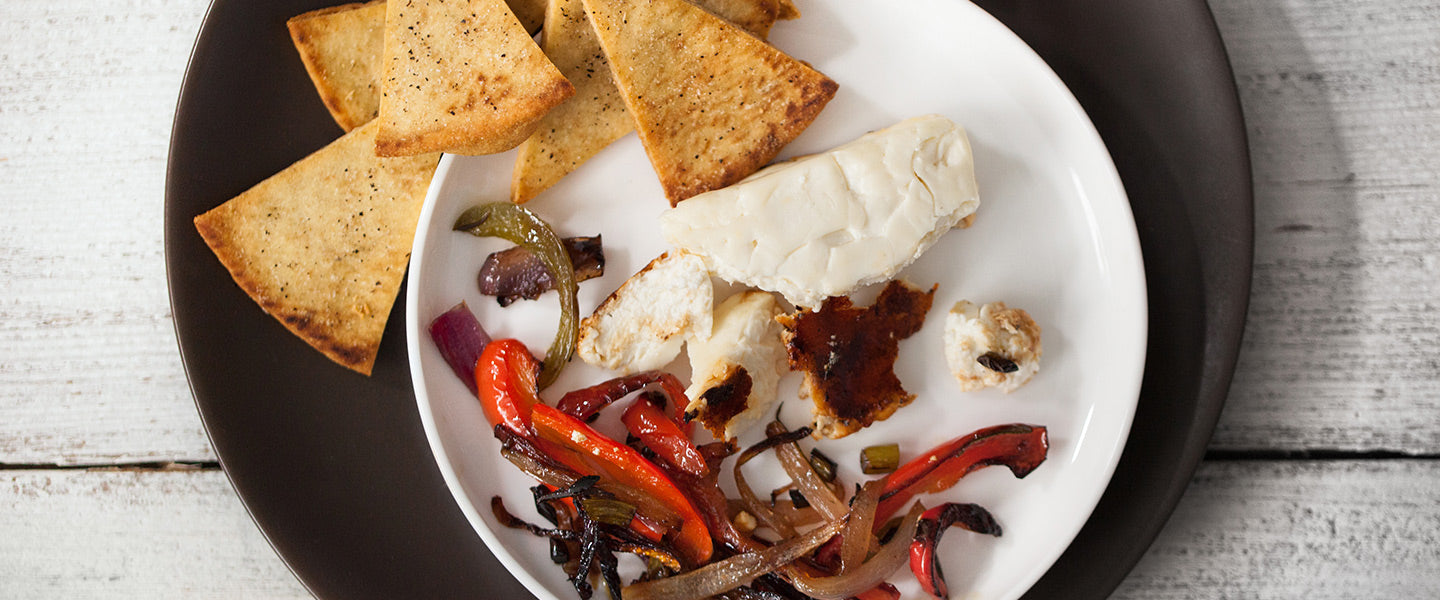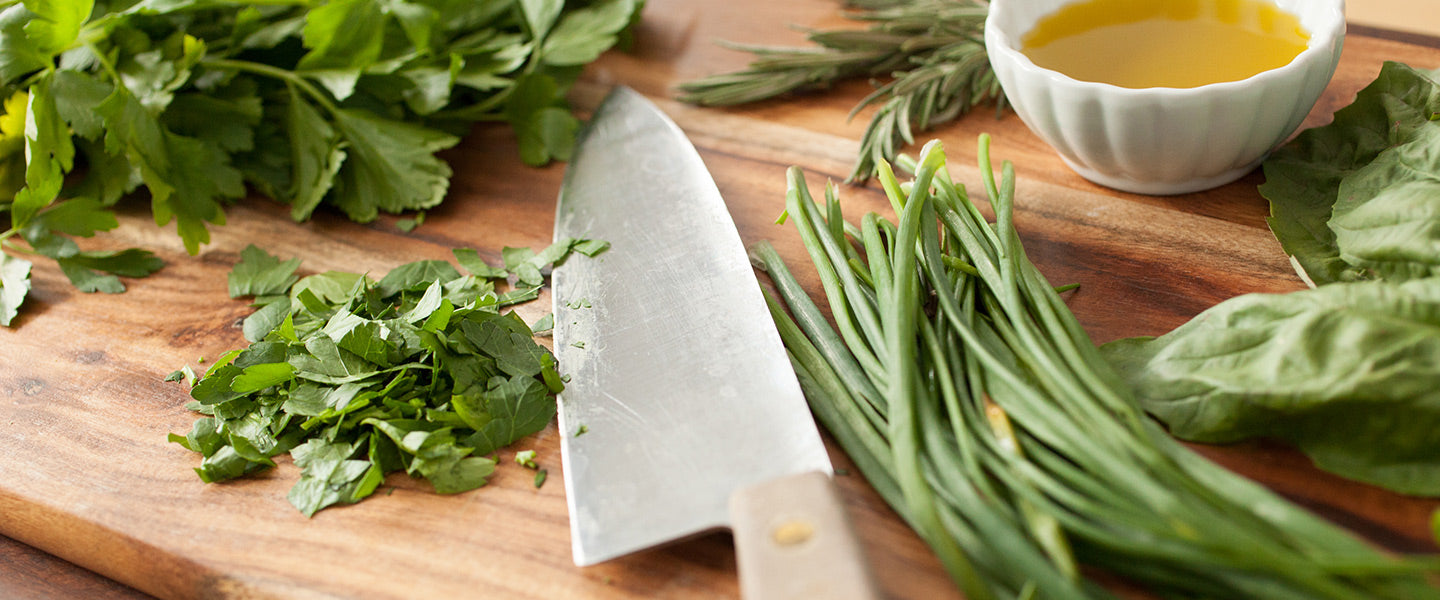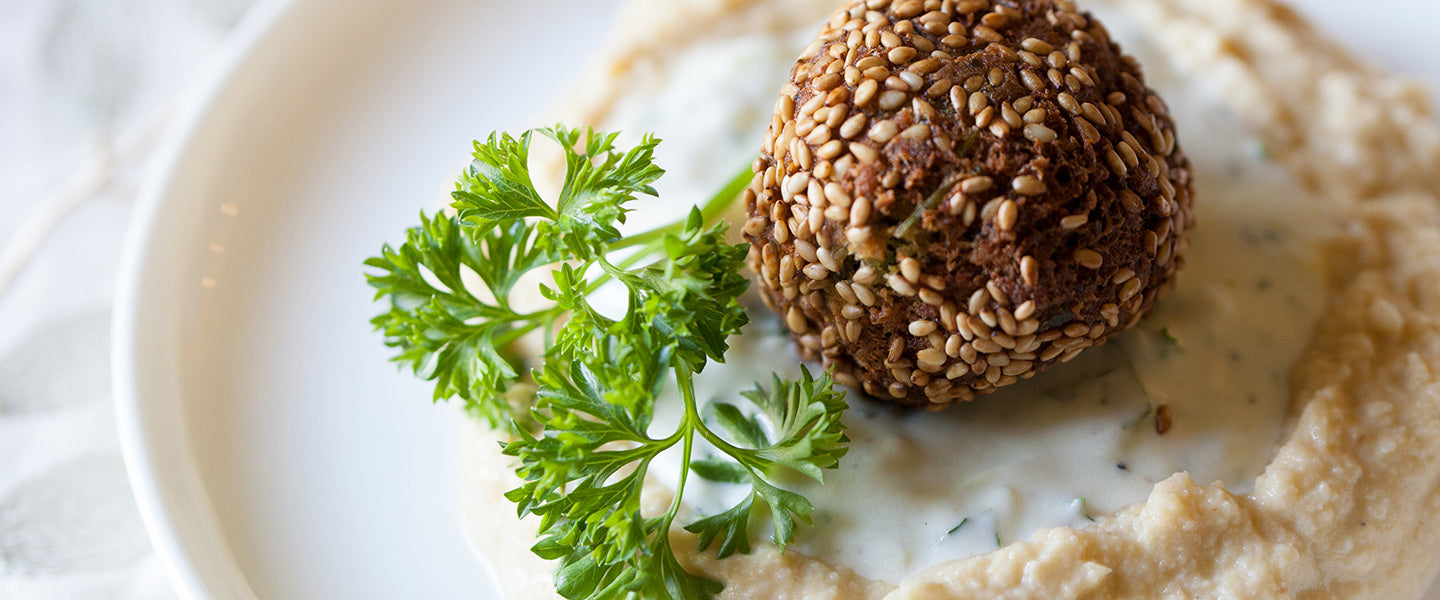- Home
- Our Journal
- About EVOO Coconut Oil Versus Olive Oil
Coconut Oil Versus Olive Oil
Posted by Olive Oil Lovers on

Virgin unrefined coconut oil is produced from the meat of fresh coconuts and is composed mostly of saturated fatty acids, making it very stable and suitable for high-heat cooking and frying. Raw coconut oil has recently become a popular oil to buy due to its touted health benefits and has even spawned the coconut oil diet fad. While this raw, virgin unrefined coconut oil is thought to be one of the healthier fats because it contains polyphenols and other nutrients, commercial-grade coconut oil is quite the opposite.
Most commercial-grade coconut oils are made from dried coconut meat known as copra. Copra is coconut meat that has been extracted and then dried by smoke, the sun, or a kiln. Because the conditions of drying the copra are highly unsanitary, the extracted coconut oil must be refined, bleached and deodorized in order to make it suitable for human consumption.
First, chemical solvents are used to extract all of the oil from the copra, which must then be refined to become edible. During the refining process, high heat is used to deodorize the oil which is then filtered through bleaching clays to remove unappealing colors. The oil is then further refined using sodium hydroxide to remove free fatty acids and prolong the oil’s shelf-life.
Organic Coconut Oil
Organic coconut oil is not necessarily a healthier option. Even though an organic coconut oil is certified to be produced in accordance with guidelines established by bona-fide certifying organizations, it can still be made from copra and refined, provided that the solvents, fertilizers and pesticides used are of organic origin and are approved by the certifying organization.
In comparison, extra virgin olive oil is a natural, unprocessed fruit juice loaded with anti-aging polyphenols and other nutrients which are highly regarded for their health benefits. Because EVOO is composed mostly of monounsaturated fatty acids, it is also stable and suitable for low to medium-heat cooking and frying and can be a healthy substitute in recipes calling for butter, margarine or other fats.
Coconut oil uses are generally limited due to its solid nature at room temperature, while Olive oil is liquid and ready to use at room temperature, making it extremely versatile and ideal for nearly any cooking application.
Additionally, cooking with coconut oil is fine; however, because coconut oil has the very distinct and powerful flavor of coconut, it is only suitable for a relatively small number of cooking applications. For this reason, one may not be as keen to dress a salad with coconut oil or use it in a pasta sauce, whereas the peppery and fruity flavors of olive oil will complement a much wider range of dishes.










